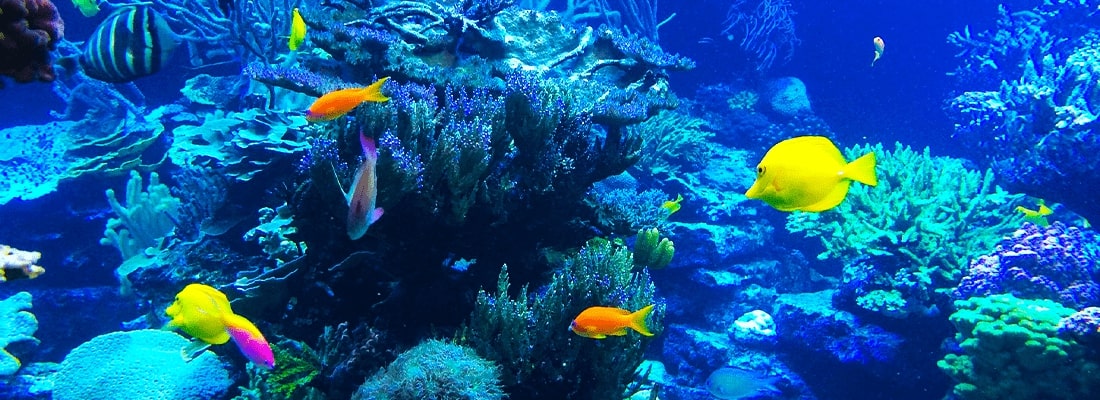On 7th June, during the IFBSO Annual Congress in Croatia, the organisers of the World’s leading boat shows enthusiastically attended a ‘Re-Think Plastic Workshop’, as a follow up to the ocean environmental awareness campaign that they agreed upon at last year’s gathering. See previous article for further reference.
Prior to the Workshop taking place, it’s fair to say that environmental issues, including plastic pollution, and their combined effect on the future health of our planet, have been at the front and centre of the public’s attention even more than previously.
Recent notable interventions.
A UN report concluded that nature is declining globally at rates unprecedented in human history, and predicted that up to1 million of the world’s species, many of them in our oceans, are threatened with extinction!
The GloFouling project launched by IMO (International Maritime Organisation) recognises that the future management of biofouling has to be improved, in order to prevent the spread of invasive (non-native) aquatic species. The IMO studies suggest that the effect of this phenomena on ocean biodiversity has become an environmental threat which is on par with climate change.
Taking such scientifically proven evidence into account, the Boat Show Organisers were conscious of the fact that a wider discussion is required about how they can educate and influence their exhibitors and show visitors, across the whole spectrum of ocean conservation issues, including how to reduce plastic pollution.
Inspirational Workshop supporters.
The Workshop was put together with a varied program of content, and assisted by some knowledgeable invited guest participants, who interacted and exchanged ideas with 36 delegates representing boat show management from all over the world.
- Albert Willemsen, Environmental Consultant with ICOMIA, gave more details about the IMO GloFouling project, and how it is focusing on preventing the loss of biodiversity. He explained that invasive species are animals or plants from another region of the world that don’t belong in their new environment.
Albert emphasised that oceans cover over 70% of our planet, and that nearly 50% of the world’s population are living in coastal areas. Globalisation has also had a large influence, with human mobility dramatically increasing. This results in extra pressure on Coastal areas, as more and more species relocating from their natural home environments are introduced into these areas.
In the Marine Environment biofouling can also be described as the undesirable accumulation of microorganisms, plants, algae and animals on submerged structures (especially the hulls of vessels) and is one of the main causes of the spread of invasive species, which the GloFouling Project seeks to address via cost-effective technology solutions for biofouling management.
- Sara-Jane Skinner from BLUE Marine Foundation said, “Our oceans are in crisis. Marine life is under threat from climate change, acidification, agricultural pollution and plastic. But arguably the greatest threat of all is overfishing because if we strip the oceans of all their life, they will have little resilience to the other threats. It is the marine life in oceans that enables them to absorb half the world’s CO2 and produce half our oxygen. Overfishing therefore threatens the future of humanity! “
The fight against overfishing remains relatively under-resourced, therefore BLUE intends to continue the focus on combatting overfishing and habitat destruction. “These are two of the ocean’s greatest challenges which, if solved, will deliver massive environmental returns” said Sara-Jane.
Other examples of BLUE’s work are, addressing plastic pollution in strategic locations; for example, ghost net removal in the Aeolians, microplastic identification in oysters, improving island waste disposal schemes, and establishing protected marine zones in the UK Overseas Territories.
- Madhuri Prabhakar, Project Leader for the Plastic Soup Foundationstated, “No plastic waste in our water, is the mission of our organisation!”
“We do not take plastic out of the water” she said; “instead, we want to put an end to the increasing amount of plastic polluting the ocean by tackling the issue at its many and varied sources. There is no point in mopping the floor, while the tap is still running!”
For example, tiny particles of plastic have been found in scrubs, shampoo, body wash, moisturiser, make-up, sunscreen, toothpaste and other cosmetic products. These microbeads, hardly visible to the naked eye, flow straight from the bathroom drain into the sewer system, and ultimately, they contribute to the plastic soup swirling around in the world’s oceans!
For this reason, the Plastic Soup Foundation, together with leading scientists, frontrunners and changemakers, has taken the initiative to create a new alliance: The Plastic Health Coalition. In this cooperative project, various national and international environmental and research organisations have joined forces, all dealing with the effects of (micro)plastics on our health.
Take aways for Workshop participants.
* Support developments in the control of biofouling.
* Help to contain climate change.
* Support sustainable fishing.
* Support more marine protected areas. (30%)
* Help to beat chemical and plastic pollution.
---
Footnote: Around 2 million visitors attend IFBSO member boat shows every year, giving them a unique opportunity to reach out, lead by example, and help to set standards. Being at the forefront of the entire boating / water sports community, they are committed to promoting and encouraging ocean conservation measures via their organisations, exhibitors and visitors.
METSTRADE is a ‘Platinum Member’ of IFBSO.

